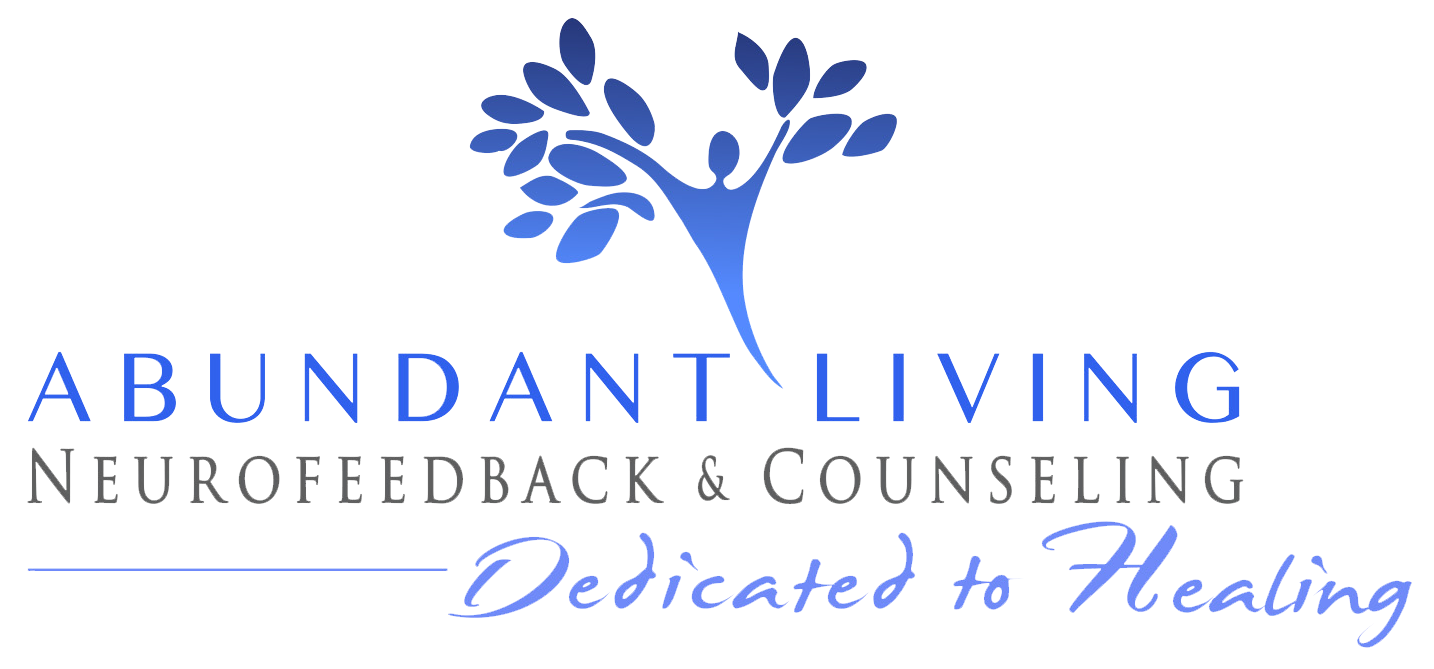
The Anxiety Epidemic: The Syndrome of Uncertainty
World renowned life coach Tony Robbins believes that the need for certainty is our number one human need. “Certainty is our need to feel in control and to know what’s coming next.” I found it very interesting that certainty is the antonym of anxiety, along with words like assurance, security, trust, and peace.
On the other hand, synonymous with anxiety is uncertainty, distress, nervousness, and restlessness. Although he also lists uncertainty as a human need in its own right, I thought it noteworthy to correlate our need for certainty with an ever-growing epidemic of anxiety in a world of ever-increasing uncertainty.
With this said, over 18% of the population is in fact suffering from an anxiety disorder at any given time, with twice as many women affected as men, it is the most common mental illness. And, although it is highly treatable, the vast majority of sufferers never seek professional help.
My desire in writing this article is to help you identify if you or someone you know may be suffering from an anxiety disorder that may be presenting in one or more of the following ways:
Most commonly, we associate anxiety disorders with excessive worry or fear. In many cases these issues present at face value in the form of panic attacks or even flash backs of fearful events. These types of issues are definitely the most common and easy to identify, but even worry and fear can present in ways that one may not readily view as anxiety.
For instance, many of my clients present with irrational fears. They may not even see themselves as anxious individuals but may suffer terribly from irrational thoughts that over which they seemingly have no control.
Often, we find these irrational fears are in fact a flair, of sorts, of an underlying anxiety that has formed itself around an available object or idea. Compulsive behaviors are closely related, as they can irrationally center around an object or idea that is merely a projection of the underlying anxiety. Another example of anxiety’s expression is self-doubt.
When I have clients, who are constantly distracted by what others are thinking about them or their abilities, they may not automatically attribute this to anxiety but it is in fact the fear of what other people think or perceive that has nestled in as the over-arching ache of social anxiety. In addition, clients may feel restless, edgy, or irritable.
These are not common descriptors for what one may call anxious, but at times can serve as the number one indicator of anxiety in some individuals. Still others may even present with difficulty concentrating or simply blanking out and wrongly believe they are having issues with attention or cognition, when in reality their mind is so overwhelmed they are losing the ability to concentrate in leu of the noise.
Other manifestations that can be evidence of anxiety disorders are largely physical. Sleep disorders, excessive muscle tension, chronic indigestion and stomach issues, along with physical pain and fatigue may all signal anxiety is at work. Many individuals are merely treating the physical symptoms all while missing the underlying cause.
The great news is that there is hope for healing. At Abundant Living we have consistently helped individuals escape the epidemic and find a more joyful and contented life. If you or someone you know is suffering, don’t become a statistic. Reach out and let us take you by the hand.
The wonderful news is, however, that there is help!
Related Posts
Ketamine Infusion Therapy vs. Antidepressants
Depression is a significant mental health disorder that affects many people...
What Does Ketamine Therapy Feel Like?
Over the past five decades, healthcare providers have used ketamine as an...
Transcending Fear
By Anna Raab, M.A. Counseling, BCN As I’m sitting here writing this article I am,...


